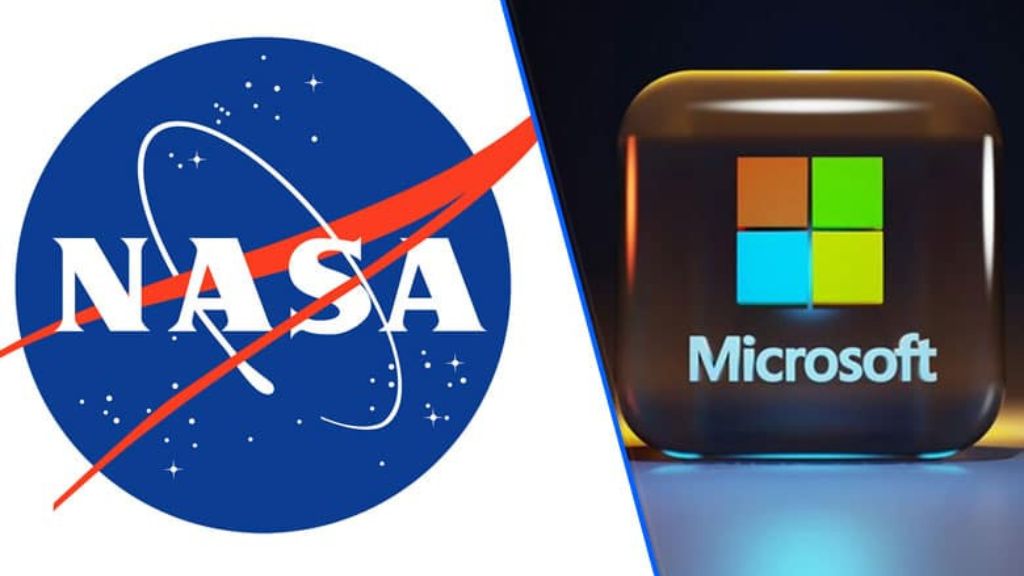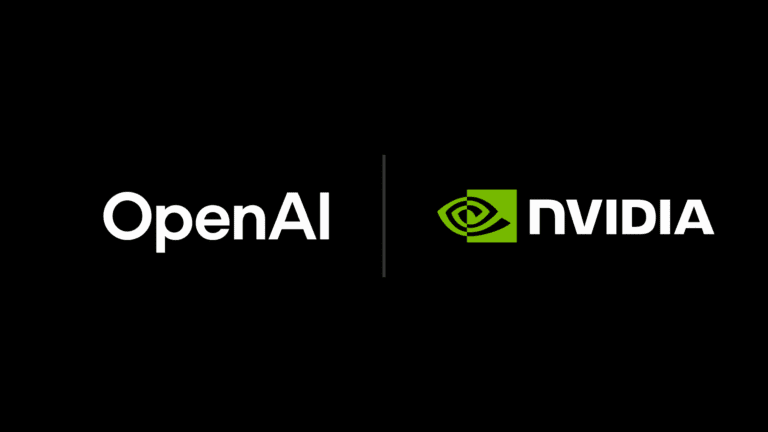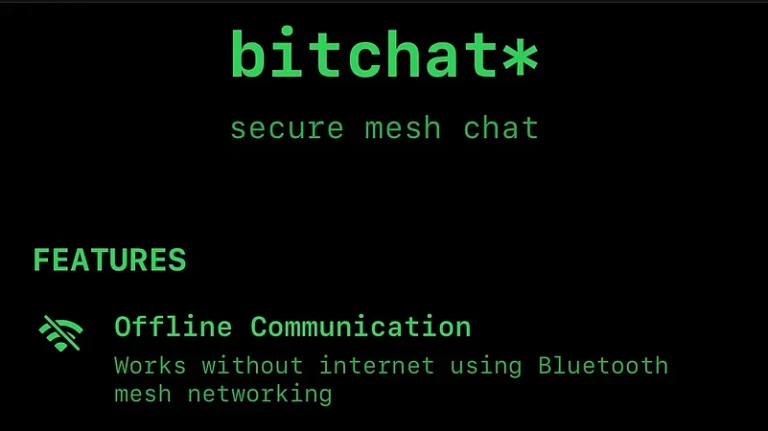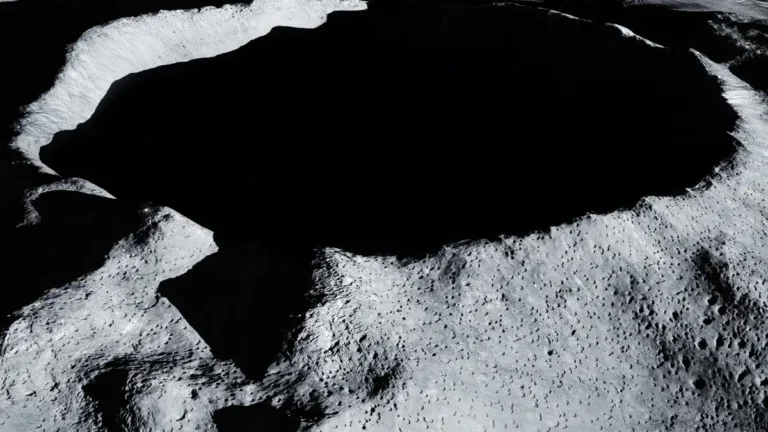NASA Partners with Microsoft to Launch Earth Copilot AI: Revolutionizing Access to Earth Data

In an ambitious move to make complex Earth data more accessible, NASA has joined forces with Microsoft to create Earth Copilot AI, a cutting-edge artificial intelligence system designed to streamline the analysis of environmental and planetary data. This collaboration aims to bridge the gap between the vast repositories of Earth science data and the researchers, policymakers, and educators who need it most.
The Need for Simplification
NASA’s Earth science missions generate massive amounts of data every day, capturing critical information about climate change, natural disasters, and planetary systems. However, the sheer volume and complexity of this data often make it difficult for non-specialists to interpret and utilize effectively.
“Earth Copilot AI is about democratizing access to Earth science,” said Dr. Karen St. Germain, director of NASA’s Earth Science Division. “By leveraging Microsoft’s AI capabilities, we’re giving people an intuitive tool to make sense of complex data and turn it into actionable insights.”
How Earth Copilot AI Works
Built on Microsoft’s advanced AI frameworks, Earth Copilot combines natural language processing (NLP), machine learning, and data visualization. Users can interact with the AI through simple queries, such as:
- “What are the carbon dioxide levels in the Arctic over the past decade?”
- “Show me the areas most affected by wildfires this year.”
The AI can pull data from NASA’s vast archives, including satellite imagery, climate models, and geographic information systems (GIS), and present the results in easily understandable formats like graphs, heatmaps, and predictive trend lines.
The system is designed to be user-friendly, enabling policymakers, educators, and students to utilize Earth science data without needing advanced technical expertise.
Applications and Impact
The potential applications of Earth Copilot AI are vast:
- Disaster Response: Emergency services can quickly access data on hurricanes, floods, or wildfires to plan evacuations and allocate resources more effectively.
- Climate Research: Scientists can study long-term trends and predict future climate patterns with greater accuracy.
- Education: Students and educators can explore Earth data interactively, fostering a deeper understanding of environmental issues.
- Urban Planning: City planners can use the tool to design resilient infrastructure in the face of climate change.
“With Earth Copilot, we’re not just creating an AI tool; we’re enabling new ways of thinking and solving global challenges,” said Brad Smith, Microsoft’s President.
Challenges and the Road Ahead
While the partnership is poised to transform data accessibility, challenges remain. Ensuring data security and privacy is paramount, especially when dealing with sensitive geographic or environmental information. Additionally, maintaining the accuracy and reliability of AI-generated insights will be crucial to its adoption.
NASA and Microsoft are committed to addressing these challenges through rigorous testing, feedback loops, and transparency in AI operations. The collaboration is also exploring open-source frameworks to allow third-party developers to build additional features or integrations.
A Leap Forward in Earth Science
The Earth Copilot AI represents a paradigm shift in how humanity interacts with its environment. By simplifying access to NASA’s vast troves of data, this collaboration could empower individuals and organizations worldwide to better understand and address the challenges facing our planet.
As Earth Copilot prepares for its public launch in mid-2025, the partnership between NASA and Microsoft signals a bold step towards leveraging AI for the betterment of science, society, and the Earth itself.
“This is just the beginning,” said Dr. St. Germain. “With tools like Earth Copilot, we’re not only observing our planet but equipping humanity to protect and sustain it for generations to come.”






